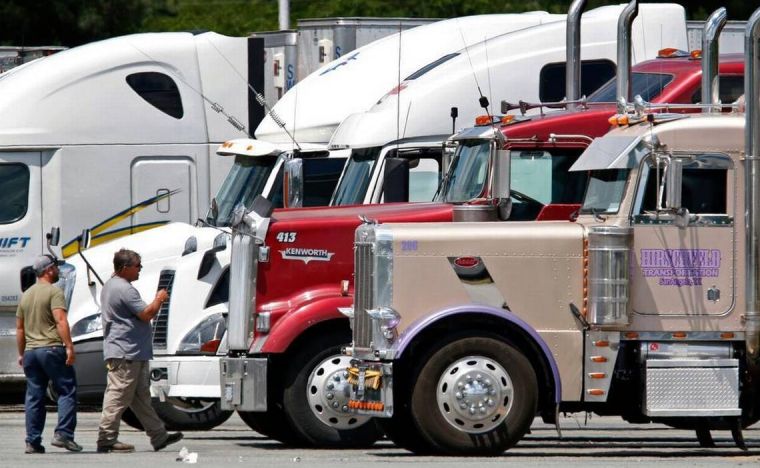Many companies find meeting consumer expectations for ethical and sustainable products challenging. To be successful, organizations must identify threats across their supplier network and implement a mitigation strategy for each scenario. The risks in the supply chain range from disruptions to operations to human rights violations. The Organization for Economic Cooperation and Development is an example of an institution responsible for developing enterprise guidelines for supply chain strategies. Some tactics might involve increasing supplier value contributions. Others aim to improve ethical material sourcing. Understanding the impact on current operations and future risks requires in-depth assessment to allow companies to maneuver in precarious situations. Here are a few tips on how to do a supply chain risk review.
How to Do a Supply Chain Risk Review?
Assess & Address Stakeholder Concerns
Shareholders, employees, and customers determine how organizations structure upstream and downstream operations. Customers and employees have similar values to shareholders.
Employees care about workplace safety, engagement, and process strategy. Companies must share data throughout the supply chain to effectively identify supply risks.
There are three current trends affecting shareholder value.
- Collaborative relationships – Companies using similar KPIs to their suppliers increase product quality and reduce logistical costs.
- Customer relationship management – Organizations performing well can adjust their operations to cater to specific segments of their audience.
- Flexible strategies – Companies benefit from developing supply chain frameworks with a long-term horizon. This positioning makes them capable of adapting to changing market conditions.
Identify Supply Chain Risks
After outlining what stakeholders wish to achieve, managers can assess which supply chain risk factors hinder the business from achieving its directives.
Effective supplier identification requires understanding how the company’s upstream partners conduct their operations. This strategy includes discovering the materials manufacturers use in production.
Mitigate Risk – Plan a Strategy
Developing a supply chain risk mitigation strategy relies on the effective cooperation and collaboration of processes, people, and technology. Each plays a role in analyzing supplier data. The company must create and establish infrastructure dedicated to continuously gathering and interpreting data while formulating response plans based on the information received.
Electronic product code-enabled radio-frequency identification strategies involve using EPC-enabled RFID tags to receive and transmit data via radio waves to signal readers. These devices relay the data to a resource planning system.
In many cases, technology allows companies to view a product’s lifecycle throughout the supply chain.
Partner with Data Collection Agencies & Auditors
A third-party data collection and auditing agency that dedicates its resources to collecting, assessing, and validating supply chain data benefit any company. These data collection agencies deliver procurement and logistics analysis and are incentivized to conduct thorough and effective supply chain analysis.
Simulating the Risk Assessment Strategy
After building their risk mitigation strategy, companies must test it to ensure it provides the required result to reduce threats. Upstream supply chain partners may neglect to conform to commitments on procurement standards, or the company must consider moving to a different upstream supply chain partner.
How does that decision impact product pricing and quality? How does a new supplier validate the procurement data? Across each step, effective collaboration with partners is critical to success.
Simulating the strategy in action and sharing the information from outcomes can strengthen upstream partners and reduce risk.
Ship Fortress LLC | Best Reefer Truckload | 3PL Warehouse Facility & Logistics in Milwaukee
Ship Fortress in Milwaukee understands every business has its own specific requirements. We customize and create solutions to meet each business’s unique needs. We truly do provide our clients with
- cost-effective delivery services
- flexible
- high-quality logistics solutions & LTL services
As a seamless extension of our client’s business, we have a passion for exceptional customer service. Our experience and expertise allow us to provide multiple layers of client support services to propel businesses forward. Contact us for a FREE Quote.





